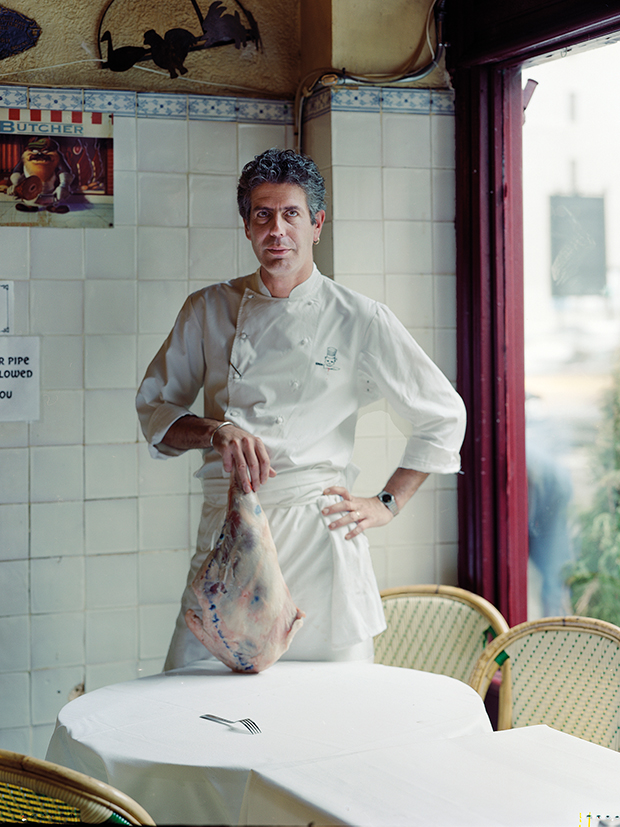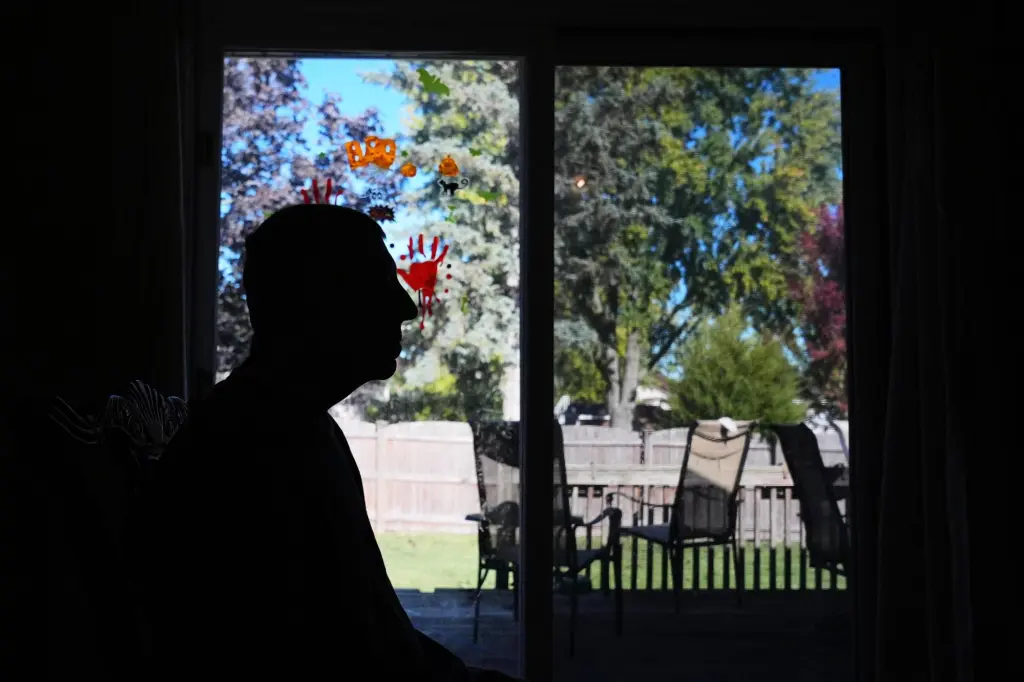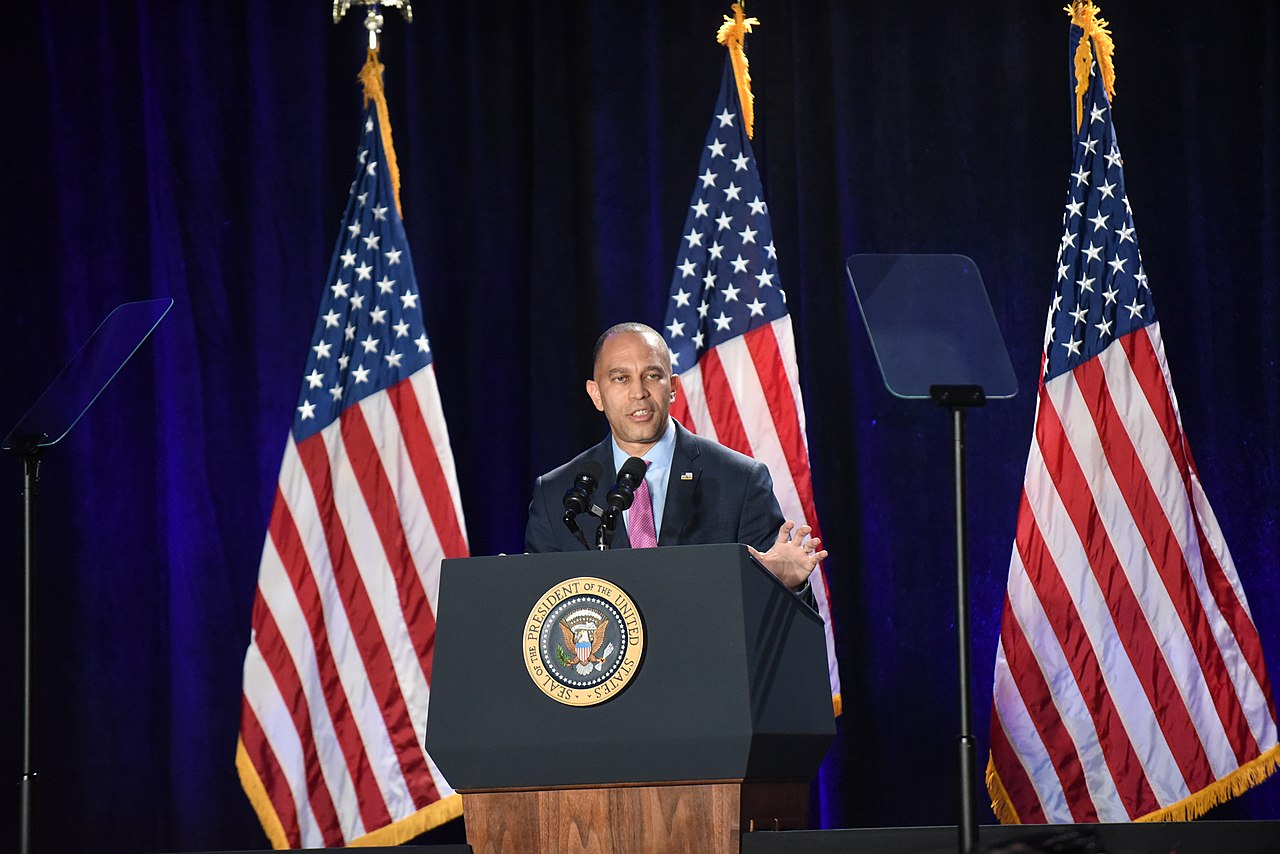Copyright newstatesman

The critic Alan Richman once gave Anthony Bourdain’s alma mater restaurant, Brasserie Les Halles, which was in New York’s Midtown, a shoddy review. Richman likened the house terrine to “truck-stop cuisine” – before declaring it somehow superior to the crab cake that came next. He blithely dismissed one side dish as “the so-called” truffled potatoes and the best thing he could say about the crêpes suzette was that, well, at least they were cooked “earnestly”. The service was bad, and Bourdain’s status as the de facto face of the New York restaurant scene was risible, Richman made sure to add. Bourdain was not minded to take any of this lightly. Two years later he published the book, Medium Raw (2010). In the bluntly titled chapter “Alan Richman is a Douchebag” Bourdain swings back: Richman didn’t even possess “the gravitas required to be called an asshole”. This was all in keeping with what we knew of Bourdain’s personality by then, of course. In 2001 he wrote: “Once you’ve been to Cambodia you will never stop wanting to beat Henry Kissinger to death with your bare hands.” Rhetorical restraint was never a Bourdainian trait – he was a reactive egotist, or, if you squint, a capricious rascal. Whichever it is, Bourdain was all id. Of course, the word most associated with him is “rockstar”. The first true celebrity chef. With his 6ft 4in frame, Crimson Chin jaw, salt and pepper hair and mournful eyes, he ranks among the very few writers who photograph well: Samuel Beckett and, as the writer Patrick Radden Keefe points out, Joan Didion have an accomplice. And he is still vaunted as a paragon of cool – a culinary vagrant with a foul mouth and turbo-liberal politics. A writer-cum-broadcaster. A friend of Barack Obama’s. A humanitarian. A renegade. Rebel. Cad. Visionary. Raconteur. Tragedy. But this is not who I found, trawling through his catalogue, on screen and on the page. Seven years on from Bourdain’s suicide, aged 61, his friend and literary agent Kimberly Witherspoon has marshalled a collection of his writing. It features extracts from the career-launching Kitchen Confidential (2000), to later essays, unpublished articles, recipes, his forays into graphic novels, short stories and other ill-advised literary endeavours. Across this ambitious genre spread, one impression emerges from The Anthony Bourdain Reader more cleanly than any other: rockstar? No. Bourdain was a sensualist entirely motivated by transient pleasure; someone who took that psychobabble cliché about having to really feel your emotions to the very extreme; an anxiously puerile mind trapped in a middle-aged frame. He spent his life telling the world who he was. How did we get him so wrong? Even by his own admission, Bourdain was not a particularly good chef. Though the CV is convincing: he was a graduate of the Culinary Institute of America, then a sous chef at a spot in SoHo; he worked at several tourist traps throughout the city, had a stint at the Supper Club – a place all about scene and not about food. He eventually conjured a crew, who followed him from job to job. His function, as told by a Bourdain-peer to the New Yorker in 2017 was to be “a fixer”. “Any time a restaurant was in trouble, he came in and saved the day. He wasn’t a great chef, but he was organised. He would stop the bleeding.” He never ran his own place, and was never Michelin starred. And then look to the Les Halles cookbook – it offers a series of convincing, conservative French-bistro recipes. It was not Bourdain’s competence that was ever in question, but his culinary imagination. He cooked other people’s food well. And as a writer, he was no master prose stylist, either. Take this description of Gordon Ramsay: “Obsessive, paranoid, conspiratorial control freak. A hustler, media manipulator, artist, craftsman, bully and glory hound – a chef’s chef.” He goes on to say in spite of all of this he found him “polite, charming, witty and gracious”. After mining the adjective factory for all it is worth, Bourdain turns his attention to expletives: it’s a “fucking Everest of shellfish”; why the “fuck” would you make ketchup in-house; lobsters are “fucking” cross-eyed; and the New York Times review? “One motherfucking star.” He is excessively reliant on italics for emphasis and liberal with the caps-lock button. “IT’S ALWAYS YOU THAT FUCKS ME IN THE ASS!” he writes, recounting an argument he had with a supplier while head chef at Les Halles, and marrying all the aforementioned literary sensibilities. For a writer of these limitations, it is not surprising he resorts to cliché, too (“Bottom line, his food is good”). What about cool? There is no greater counter evidence to the claim that Bourdain is cool than what Bourdain offers us himself. “Salty Horse” is an excerpt from Bourdain’s co-written graphic horror novel Hungry Ghosts, illustrated (generously speaking) in a style reminiscent of 19th-century Japanese wood-block prints. The substance, meanwhile, visual and literary, was derived from the imagination of a preteen boy. A stud owner with a taste for horse meat eats his way through his herd, accompanied by high-contrast images of roasted horse heads with bulging eyes on beds of salad leaves, and close-up shots of human lips slicked with fat, teeth full of horse “terrine”. Eventually the equine-glutton is visited in his sleep by a vengeful horse demon, which proceeds – I think – to kill him. Call all of that whatever you want, but cool is not going to cut it. Visionary neither. And then, there is the puerile nymphomania that thrums across his work. Perhaps some of this is defensible. Professional kitchens are driven pretty well entirely by manual dexterity and sensory organs – with swaggering machismo taking a supporting role. It is no wonder the vocation of a chef is so frequently associated with the carnal. When Bourdain tagged Kitchen Confidential with the strapline “Sex, drugs, bad behaviour and haute cuisine” he was not doing anything outré or transgressive – he was merely leaning in to a stereotype. But Bourdain’s sex obsession exceeds the realm of PG cliché. A beef tongue taco elicits an eye-rolling orgasm in him. When he describes watching a chef “treating fillets of fish as tenderly and lovingly as a woman’s erect nipple” it’s enough to make even this open-minded reader feel like Mary Whitehouse. And so, what of that libidinous charisma Bourdain was supposed to have in spades? No one so tortured by their own horniness can be a sex symbol. Next – his travel-the-world and love-thy-neighbour politics, welcome as they were, are not packed with dazzling insight. “I believe what’s important to him,” Bourdain says of Obama on the pair’s famous trip to a pho bar in Vietnam, “is this notion that otherness is not bad, that Americans should aspire to walk in other people’s shoes.” Other ideas include: food is political; the urban-rural polarisation of America is dangerous; Trump’s immigration policy is cruel, and a vast array of further superficial observations mistaken by the viewer for moral depth. Bourdain did not need to be a voice of the people nor a member of academe – but so long as he bears the reputation as a humanistic seer we have to check whether it stands up. And? The most writerly thing about Bourdain was his instinct for embellishment, or as Radden Keefe describes him in the introduction, he was “a high priest of his own mythology”. The story behind his trajectory to A-list chef is this: in 1999, while working at Les Halles, he scrabbled together an insidery piece about how restaurants really work, sent it to the New Yorker (who had the good grace to publish this nobody), and then – wham! – book deal. Kitchen Confidential becomes a bestseller, and you know the rest. This “Who, me?” routine fails to cohere with truth, though: Bourdain had been relentlessly pitching his writing career since the middle of the Eighties. Fame was always the destination. And so, what we have is a celebrity-chef-cum-writer who was neither a great chef nor a good writer; a man vaunted for his effortless cool and sex appeal, who made repeated attempts to dispel any sense he possessed either; a beloved TV persona who by his own admission was “a monster of self-regard” and an “obnoxious life-long show off”. But somehow, within all of that, it is hard to find much to dislike about Bourdain at all. So what is it? He had dark traits: aggression, swagger, self-pity. But you can also locate, within seconds of screentime, that characteristic so many have spent their whole life trying to put into words: charm. Bourdain, in fact, is a perfect example of the mythical principle that some personalities are just likeable, no matter what. “Is it helping? Are things getting brighter?” Bourdain asked himself on camera, propped up against the counter in a Dublin pub in 2013. More hollow-eyed than usual, he suggests a night at the Palace Bar might bring him salvation, as he knocks back whiskey and Guinness. He never quite makes explicit in the moment what darkness that Guinness was supposed to rescue him from. We know, now, of course. Here is a small, sad boy propelled to fame, flooded with respect and adoration, and driven to the brink, all at the hands of that id. As he told us, over and over. The Anthony Bourdain ReaderAnthony BourdainBloomsbury, 512pp, £25.00 Purchasing a book may earn the NS a commission from Bookshop.org, who support independent bookshops [Further reading: British food is reactionary now]



